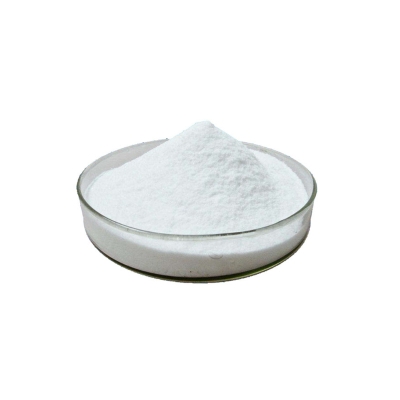-
Categories
-
Pharmaceutical Intermediates
-
Active Pharmaceutical Ingredients
-
Food Additives
- Industrial Coatings
- Agrochemicals
- Dyes and Pigments
- Surfactant
- Flavors and Fragrances
- Chemical Reagents
- Catalyst and Auxiliary
- Natural Products
- Inorganic Chemistry
-
Organic Chemistry
-
Biochemical Engineering
- Analytical Chemistry
-
Cosmetic Ingredient
- Water Treatment Chemical
-
Pharmaceutical Intermediates
Promotion
ECHEMI Mall
Wholesale
Weekly Price
Exhibition
News
-
Trade Service
Postmenopausal vasomotor symptoms cause recurrent discomfort, disrupt sleep, and reduce quality of life
.
A dietary intervention that increased whole grains, fruits and vegetables and reduced dietary fat was shown to be moderately effective
in one randomised trial.
In addition, soy isoflavones, particularly daidzein and genistein have been shown to be moderately effective
in controlled trials.
A low-fat plant-based diet with soy consumed daily may be more effective for vasomotor symptoms because this diet is generally high in fiber and low in fat, good for weight loss, and appears to promote the growth
of gut bacteria capable of converting daidzein to equol.
In the initial cohort of controlled trials of plant-based diets, including soy, moderate to severe postmenopausal hot flashes decreased by 84%
within 12 weeks.
For 59% of participants, moderate to severe hot flashes ended
completely.
However, the study's fall timing raises the question of whether this symptom improvement could be attributed to lower temperatures
.
In addition, the study did not evaluate equol production
.
Therefore, this review aimed to test the effects of dietary interventions on vasomotor symptoms and menopause-related quality of
life.
In this analysis, postmenopausal women (n = 84) who reported moderate to severe hot flashes at least twice daily were randomized to the intervention in two consecutive cohorts, including a low-fat vegan diet and cooked soy (1/2 cup [86 g] per day) or no dietary changes
in the control group.
In the intervention group, the average reported intake of fat, saturated fat and cholesterol decreased, while fiber intake increased (all P < 0.
0001).
There was no significant change
in the control group.
The mean weight loss in the intervention group was 3.
6 kg and the average weight in the control group was 0.
2 kg (P < 0.
001).
The frequency of hot flashes decreased by 78% (P<0.
001) in the intervention group and by 39% (P<0.
0001) in the control group (P=0.
003 between groups).
The incidence of severe hot flashes decreased by 88% (5.
0 ~ 0.
6 times a day, P<0.
001) in the intervention group compared with 34% (4.
4 to 2.
9 per day, P<0.
01) in the control group (P<0.
001 between groups).
。 Among participants with at least seven moderate to severe hot flashes per day at baseline (intervention group, n=8; control, n=10), moderate to severe hot flashes were reduced by 93% (10.
6 to 0.
7 per day) in the intervention group (P<0.
001) and moderate to severe hot flashes in the control group decreased by 36% (9.
0 to 5.
8 per day) (P = 0.
01, P < 0.
001 between groups).
At 12 weeks, 50% of the finishers in the intervention group did not develop moderate to severe hot
flashes at all.
In the control group, this variable did not change from baseline (χ2 test, P < 0.
001).
Neither seasonality nor equivalestilbestrol production were associated with
improvement.
Greater reductions
were reported in the intervention group in the vasomotor (P = 0.
004), physical (P = 0.
01), and sexual (P = 0.
03) sections of the menopausal specific quality of life questionnaire.
Overall, dietary interventions including plant-based diets, minimal oil use, and daily intake of soy significantly reduced the frequency and severity
of postmenopausal hot flashes and associated symptoms.
Original source:
Barnard, Neal D.
MD, FACC1,2; Kahleova, Hana MD, PhD2; Holtz, Danielle N.
BS2; Znayenko-Miller, Tatiana MSHS2; Sutton, Macy MS2; Holubkov, Richard PhD3; Zhao, Xueheng PhD4; Galandi, Stephanie MS4; Setchell, Kenneth D.
R.
PhD, FAASLD4,5.
A dietary intervention for vasomotor symptoms of menopause: a randomized, controlled trial.
Menopause: October 18, 2022 - Volume - Issue - 10.
1097/GME.
0000000000002080
doi: 10.
1097/GME.
0000000000002080







